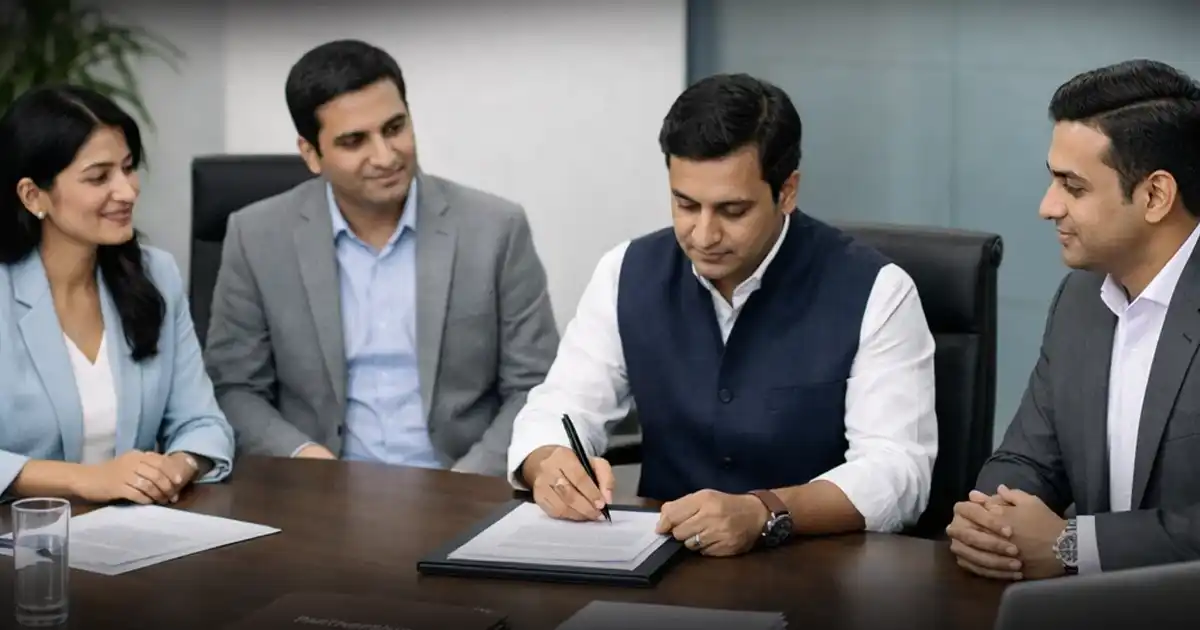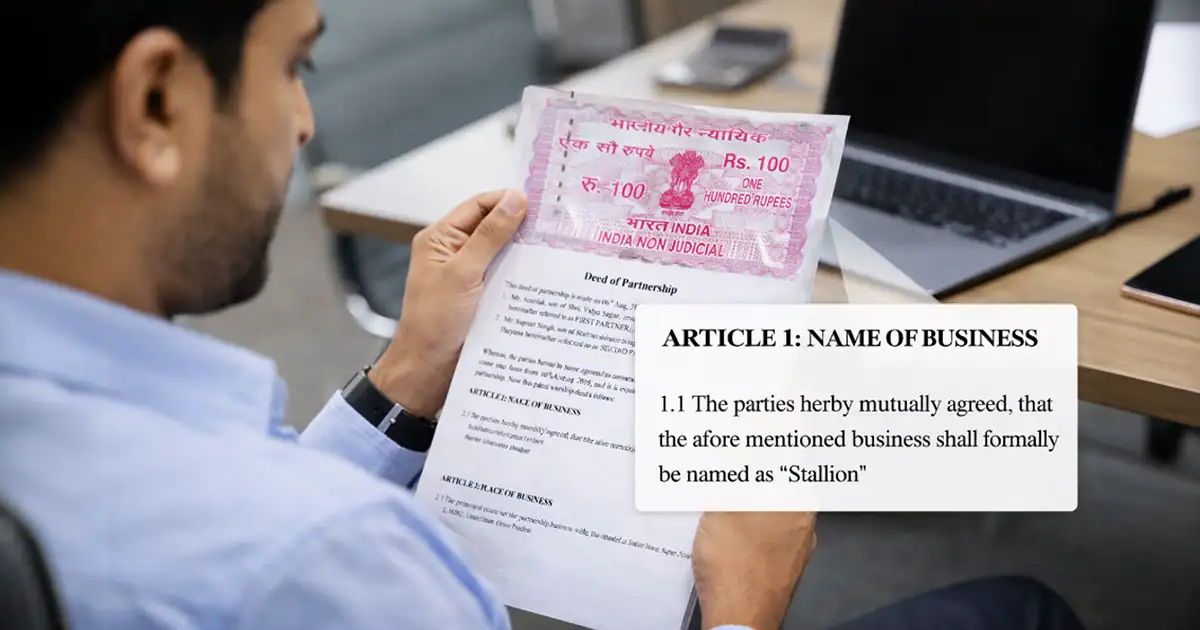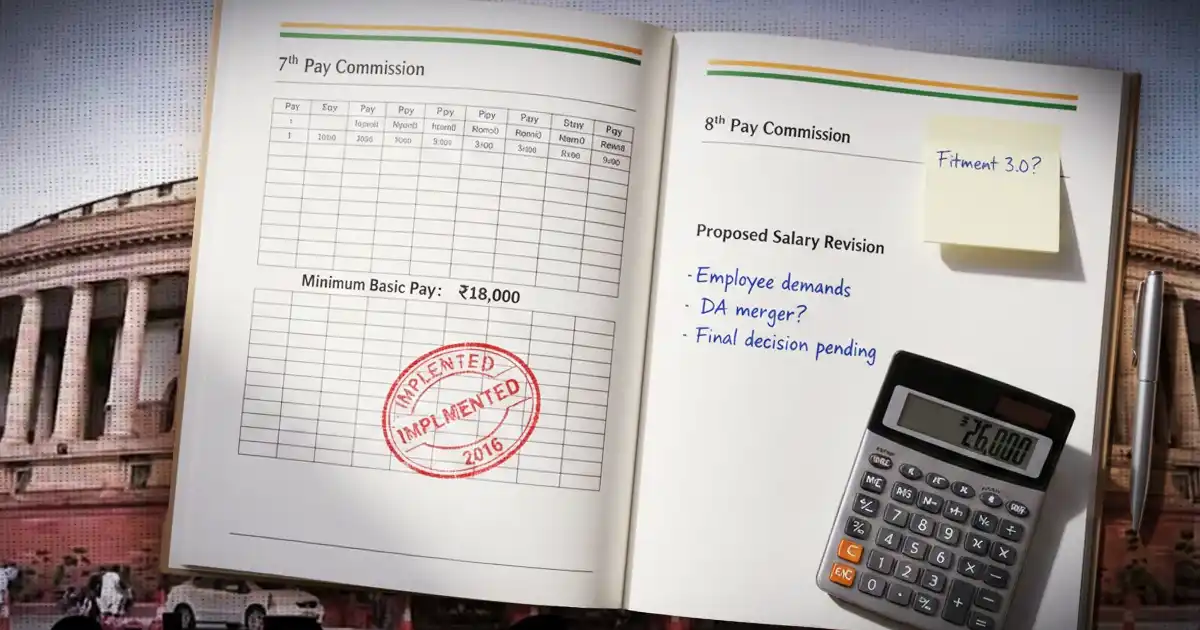Here's a basic Non-Disclosure Agreement template for your reference. Please note that this is a sample and should be customized to your specific needs.
It's always advisable to consult with a legal professional to draft a comprehensive and legally sound Non-Disclosure Agreement document.
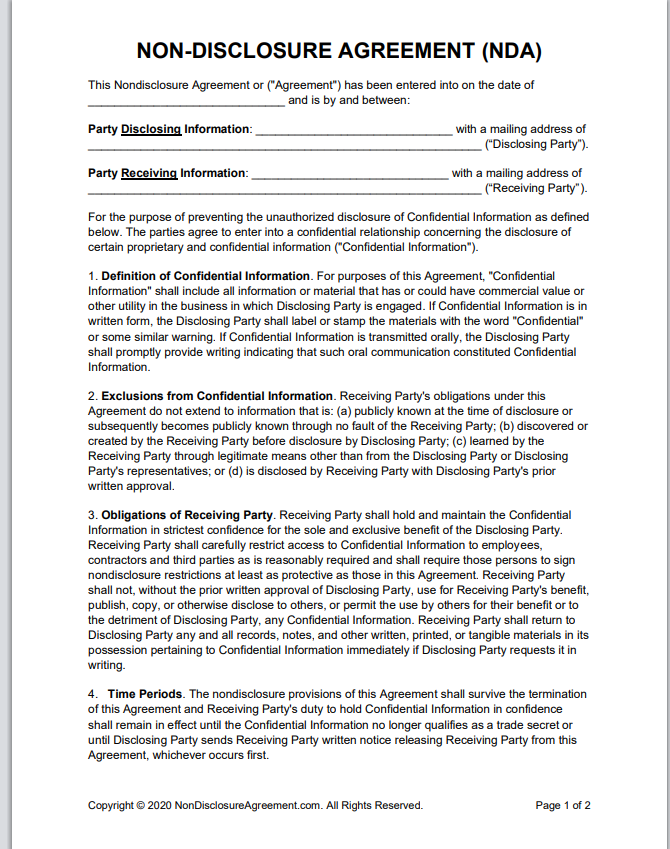
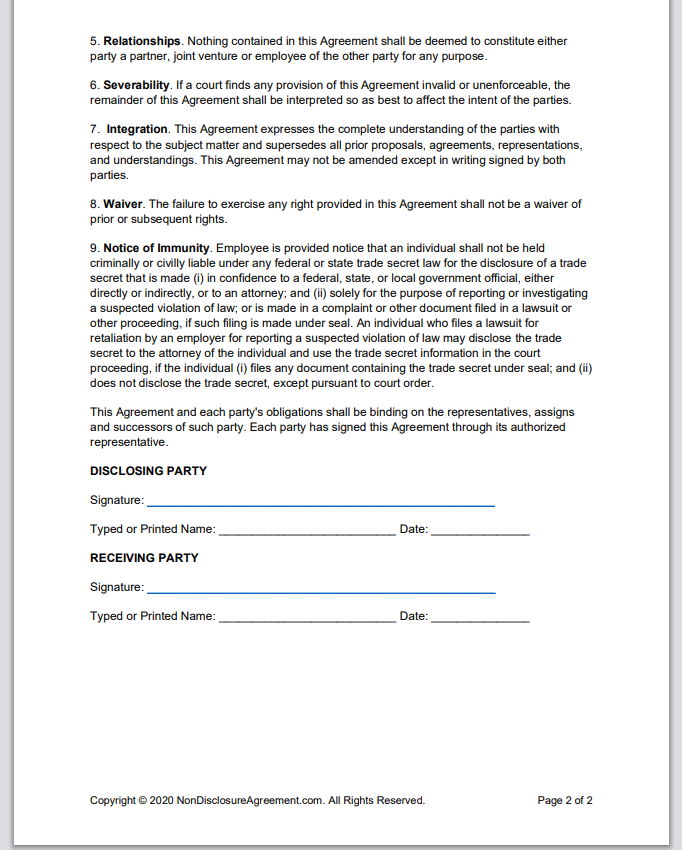
Non-Disclosure Agreement
This Non-Disclosure Agreement ("Agreement") is made and entered into on this [Day] day of [Month], [Year] ("Effective Date"),
BY AND BETWEEN:
[Disclosing Party's Full Legal Name/Company Name], a [Type of Entity, e.g., company incorporated under the Companies Act, 2013 / individual] having its registered office/address at [Disclosing Party's Address] (hereinafter "Disclosing Party");
AND
[Receiving Party's Full Legal Name/Company Name], a [Type of Entity, e.g., company incorporated under the Companies Act, 2013 / individual] having its registered office/address at [Receiving Party's Address] (hereinafter "Receiving Party").
(The Disclosing Party and the Receiving Party are hereinafter collectively “Parties” and individually “Party”)
WHEREAS:
- The Disclosing Party possesses confidential information it intends to disclose to the Receiving Party for a specific purpose.
- The Receiving Party agrees to keep this information confidential under the terms herein.
NOW, THEREFORE, in consideration of the mutual covenants, the Parties agree as follows:
1. DEFINITION OF CONFIDENTIAL INFORMATION
"Confidential Information" means any non-public information, including but not limited to business plans, financial data, designs, software, source code, algorithms, trade secrets, research, customer lists, and intellectual property, whether oral, written, or electronic, disclosed by the Disclosing Party for the Purpose. Oral disclosures must be confirmed in writing by the Disclosing Party within [Number, e.g., fifteen (15)] days to be considered confidential.
2. PURPOSE
The Confidential Information is disclosed solely for [Clearly state the purpose, e.g., "evaluating a potential business collaboration," "developing a software application," "considering an investment opportunity," etc.] (the "Purpose").
3. EXCLUSIONS FROM CONFIDENTIAL INFORMATION
Confidential Information does not include information that:
- Is or becomes publicly available without the Receiving Party's fault or breach;
- Was rightfully known by the Receiving Party before disclosure without confidentiality obligations;
- Is independently developed by the Receiving Party without using the Disclosing Party's Confidential Information;
- Is rightfully obtained by the Receiving Party from a third party without confidentiality obligations; or
- Is required to be disclosed by law, regulation, or court order, provided prompt notice is given to the Disclosing Party.
4. OBLIGATIONS OF THE RECEIVING PARTY
The Receiving Party agrees:
- To use the Confidential Information solely for the stated Purpose;
- To maintain strict confidence and take reasonable steps to prevent unauthorized disclosure;
- Not to disclose Confidential Information to any third party, except to employees or agents with a "need to know" who are also bound by similar confidentiality terms;
- To promptly notify the Disclosing Party of any unauthorized use or disclosure.
5. TERM AND SURVIVAL
This Agreement is effective from the Effective Date until the Purpose concludes or either Party terminates it upon [Number, e.g., 30] days' written notice. Confidentiality obligations shall survive for [Number, e.g., five (5) years / perpetually for trade secrets] from the date of disclosure, notwithstanding termination.
6. RETURN OF INFORMATION
Upon written request or Agreement termination/expiry, the Receiving Party shall immediately cease using and, at the Disclosing Party's option, return or destroy all Confidential Information (including copies) and certify such action in writing.
7. CONSEQUENCES OF BREACH
The Receiving Party acknowledges that unauthorized disclosure causes irreparable harm. In case of breach, the Disclosing Party is entitled to seek injunctive relief (court order to stop disclosure) in addition to other legal or equitable remedies, including damages.
8. GOVERNING LAW AND JURISDICTION
This Agreement is governed by the laws of India. The Courts shall have exclusive jurisdiction over any disputes.
9. ENTIRE AGREEMENT
This Agreement constitutes the entire understanding between the Parties regarding its subject matter, superseding all prior communications.
IN WITNESS WHEREOF, the Parties have executed this Agreement as of the Effective Date first written above.
Contact a professional and get help drafting your NDA today!
How to Download the NDA Certificate Online?
To download your NDA:
- Visit the platform where you submitted your NDA request and log in to your account.
- Navigate to the “My Agreements” or “Legal Documents” section.
- Find the completed NDA document and click on the Download option.
- You will receive your digitally signed NDA in PDF format instantly.
How to Check NDA Status Online?
To track your NDA request:
- Log in to the same platform.
- Go to the “Track My Application” or “Document Status” section.
- Enter your reference number, application ID, or registered email address.
- View real-time updates on whether your NDA is being drafted, under review, or signed.
- Reach out to the support team if you need any changes or further assistance.








